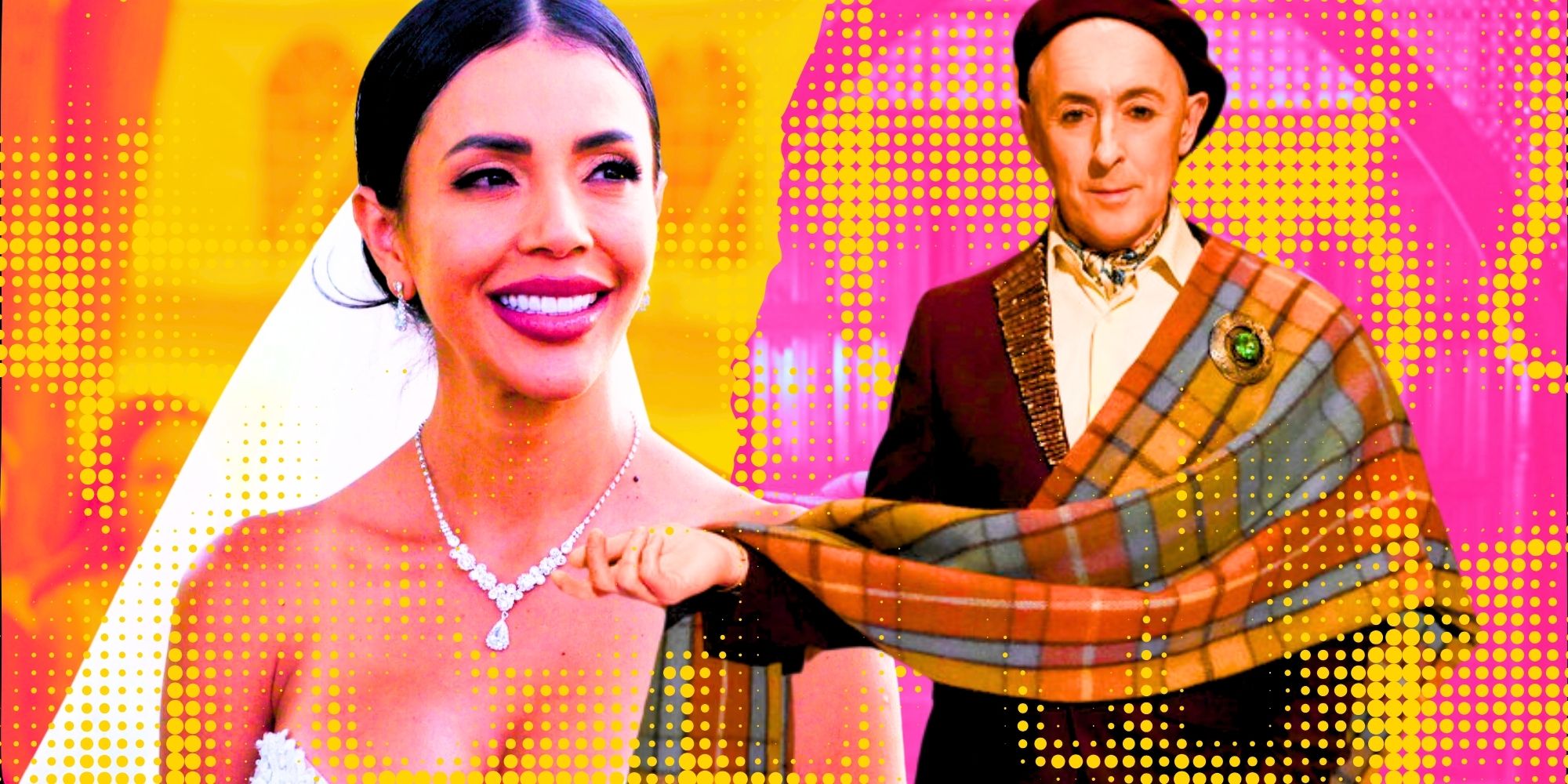The series is, however, all based on the gospel accounts of Jesus’s life and ministry. In seasons one to three, he assembles his inner circle of disciples, delivers the so-called Sermon on the Mount, heals various people, including a woman who has been bleeding for 12 years, raises Jairus’s daughter from the dead, and walks on water (excerpts released on social media show how the filmmakers recreate that miracle.)
A modern take on the story of Jesus
Jesus of Nazareth has, of course, been portrayed many times on screen and stage, notably by Ted Neeley in 1973’s Jesus Christ Superstar and by Jim Caviezel in Mel Gibson’s ultra-violent but ultra-successful 2004 film, The Passion of the Christ. There was also a 1977 six-part TV mini-series, Jesus of Nazareth, made by Franco Zeffirelli. Martin Scorsese said recently that he’d finished another screenplay about Jesus; he also directed the controversial 1988 film The Last Temptation of Christ, where Jesus contemplates an ordinary life with Mary Magdalene.
“The West Wing was inspirational for us because it’s about the presidency. The president is around whom these characters dwell, but he’s one of five or six characters that are focused on. We thought the thing that you get when you read the gospels is that Jesus is having this impact on so many people, but if you don’t know those people well, if you don’t see life through their eyes, then the impact is minimised.”
The fleshing out of characters has led to modern interpretations of dialogue and backstories in the show, perhaps most intriguingly seen in the character of one of the disciples, the gospel writer Matthew, who’s portrayed as autistic. But unlike some of its predecessors (such as Jesus of Nazareth’s blue-eyed Robert Powell), The Chosen has a diverse cast including actors who are of Jewish, Arab, Southeast Asian and North African descent. The story is rooted in Jewish life and customs of the time – also sometimes historically glossed over in the representations of Jesus. Jesus and his disciples are to be found in synagogues and celebrating Jewish festivals, such as Sukkot.
“There have been many Jesus movies and miniseries and I’ve seen almost all of them,” Dallas Jenkins tells Culture. “But there’s never been a multi-season show where you can take your time to develop the stories, develop the characters, develop backstories, where you can really explore the humanity of these people. The reason we love long-form series is because we can invest in the characters, invest in the story development, and that’s never been done before in a Jesus project.










